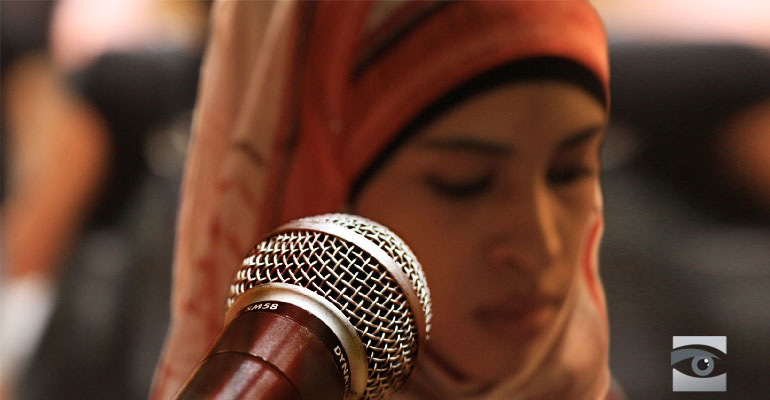Free Basics is a service Facebook offers to bring basic internet services to the underprivileged in developing countries. However, not everyone is so ready to roll over and accept this attack on net neutrality.
Free internet to the poor? That sounds great!
Well, not really. Sure it looks great up front, but when we actually look at what Facebook is doing it starts to turn sour.
What is Free Basics?
Facebook claims they provide “free access to basic internet services to a billion people all over the world.” The goal of the service is to provide basic services such as “news, maternal health, travel, local jobs, sports, communication, and local government information.
This all sounds great until we realize that Facebook (a for-profit company) is now the gatekeeper to what a billion people have access to.
How bad could it be?
How better to control a population than to control the information? How better to sell your product than to have control over what a billion people can seek out?
Perhaps we shouldn’t assume the worst of Facebook. It is entirely possible that Facebook is only looking to help promote the use of the Internet in underdeveloped areas.
Let’s assume we know without a doubt that Facebook is benevolent. Is that enough to make it worth entrusting freedom of the press, freedom of speech and the free spread of information to a for-profit publicly traded American company?
That’s a big risk to take.
Net neutrality takes a stand
What exactly is net neutrality? It’s the philosophy that the internet should be unrestricted and no service should be able to take priority over another.
So when services such as Free Basics say, “Hey, we’ll make it free for you to visit BBC and Facebook, but if you want to visit Engadget, you’ve got to pay,” it puts a considerable competitive disadvantage to services that are not part of the Free Basics network.
Think about it. If we didn’t have net neutrality in the beginning, do you think Facebook would be a thing?
If Yahoo! could have squashed the competition in a similar fashion back when it was the big dog, none of the services we use every day would have had the slightest chance to compete.
India realizes this. Last month, India’s telecom regulatory decided to suspend Free Basic’s commercial launch until they hold a meeting on net neutrality later this month.
On December 30th, after having been available for two months, the Free Basics service was shut down in Egypt. It’s not clear why Egypt decided to shut down the service, but it is suspected to be connected to net neutrality as is the case in India.
In an article Mark Zuckerberg, Chairman and Founder of Facebook, wrote for the Times Of India, he stated:
“Instead of welcoming Free Basics as an open platform that will partner with any telco, and allows any developer to offer services to people for free, they claim – falsely – that this will give people less choice.”
Come on Mark, you’re a smart guy. You understand how this works.
Just because you don’t place ads and you have an open offer for anyone to join doesn’t mean you’re not a gatekeeper. You still create an environment of free and non-free, and you still control the keys to the gate.
If you really want to help get information to people, stop doing your own thing and go support something like Outernet.



